Archaeology news, features and articles
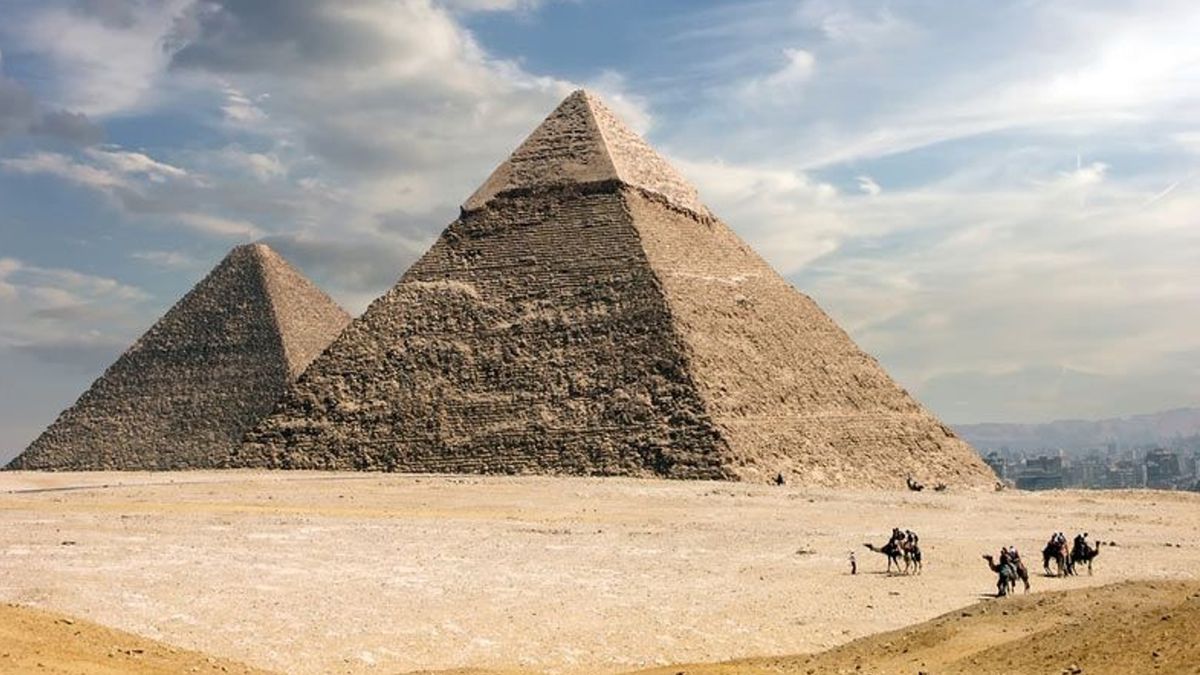
Humans have left clues of our existence throughout time, leaving behind burials, artifacts and written records that hint at our evolution, beliefs, practices and cultures. Studying the archaeological record shows us that the oldest known bones belonging to Homo sapiens are 300,000 years old, or that the world’s oldest civilizations arose at least 6,000 years ago.
Discover more about archaeology
Latest about Archaeology
-
-
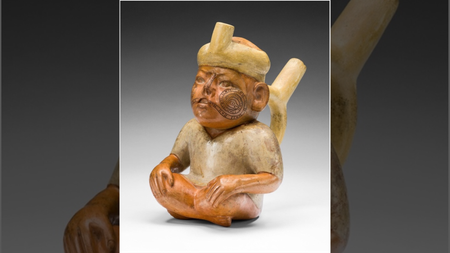
Centuries-old 'trophy head' from Peru reveals individual survived to adulthood despite disabling birth defect
By Aristos Georgiou Published
-

'Artificial intelligence' myths have existed for centuries – from the ancient Greeks to a pope’s chatbot
By Michael Falk Published
-
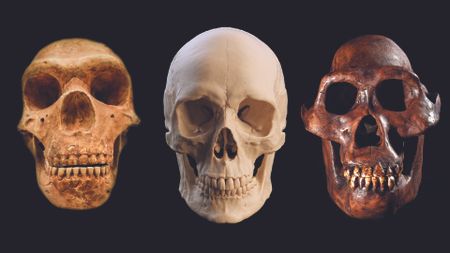
10 things we learned about Neanderthals in 2025
By Kristina Killgrove Published
-
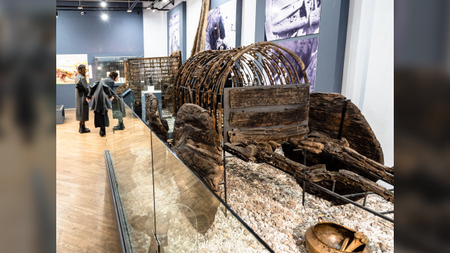
Lchashen wagon: A 3,500-year-old covered wagon that transported a deceased chief to the next world
By Kristina Killgrove Published
-

6 'lost' cities archaeologists have never found
By Owen Jarus Published
-
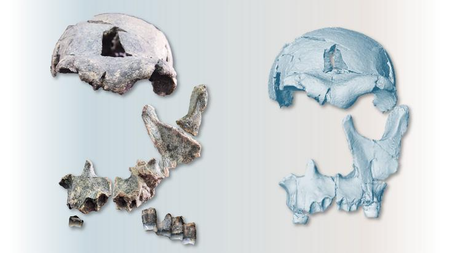
1.5 million-year-old Homo erectus face was just reconstructed — and its mix of old and new traits is complicating the picture of human evolution
By Skyler Ware Published
-
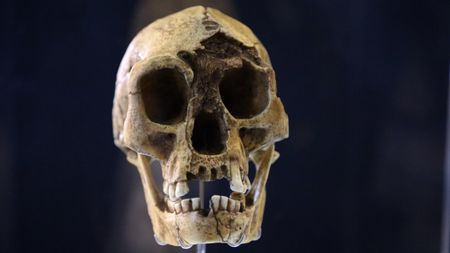
10 things we learned about our human ancestors in 2025
By Kristina Killgrove Published
-
Explore Archaeology
Ancient Egyptians
-
-
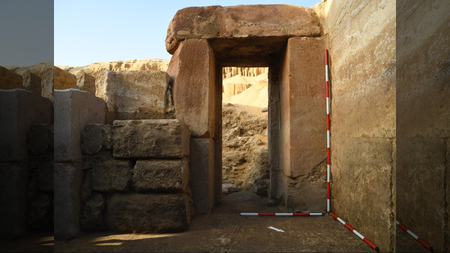
Ancient Egyptian valley temple excavated — and it's connected to a massive upper temple dedicated to the sun god, Ra
By Owen Jarus Published
-
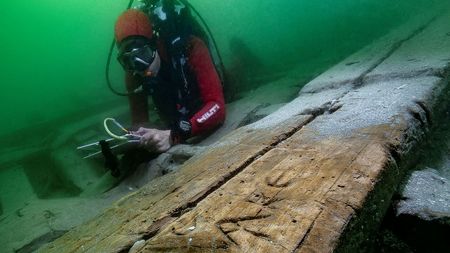
2,000-year-old shipwreck may be Egyptian 'pleasure barge' from last dynasty of pharaohs
By Tom Metcalfe Published
-
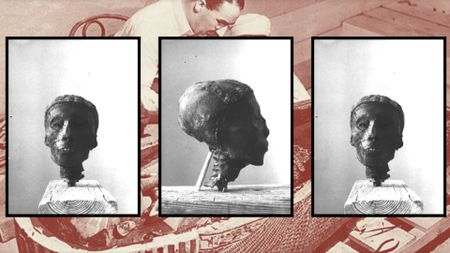
'Hot knives and brute force': King Tut's mummy was decapitated and dismembered after its historic discovery. Then, the researchers covered it up.
By Eleanor Dobson Published
-
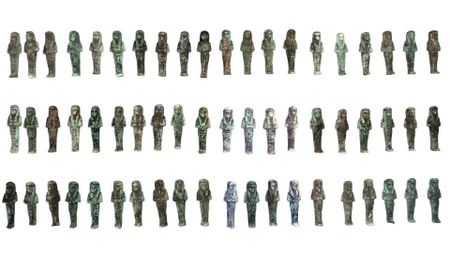
Ancient Egyptian pharaoh moved another ruler's body and stole his tomb, hundreds of funerary figurines suggest
By Owen Jarus Published
-
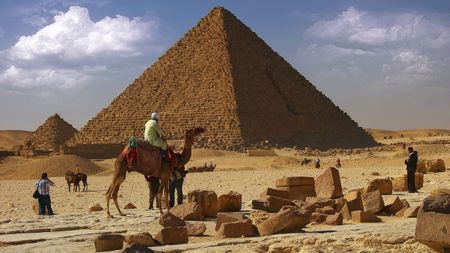
Anomalies in Giza pyramid may indicate an unknown entrance
By Owen Jarus Published
-

Merit's wig: A 3,400-year-old Egyptian headpiece smoothed down with ancient homemade hair gel
By Kristina Killgrove Published
-
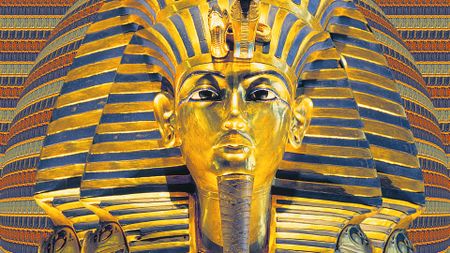
Science history: Archaeologists discover King Tut's tomb, and rumors of the 'mummy's curse' begin swirling — Nov. 4, 1922
By Tia Ghose Published
-
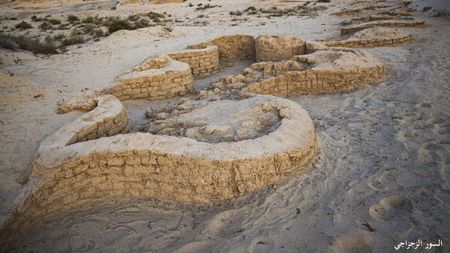
3,500-year-old Egyptian military fortress with ancient ovens and fossilized dough discovered in Sinai Desert
By Owen Jarus Published
-
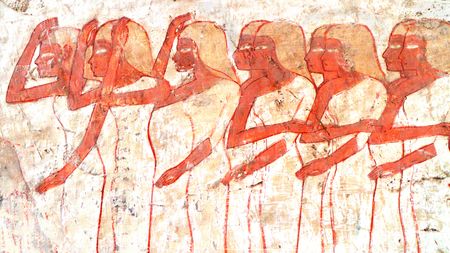
'The papyrus also recommends putting a clove of garlic in your vagina before bed': The texts that reveal the baffling healthcare for women in ancient Egypt
By Lucy Inglis Published
-
Human Evolution
-
-

10 things we learned about Neanderthals in 2025
By Kristina Killgrove Published
-

1.5 million-year-old Homo erectus face was just reconstructed — and its mix of old and new traits is complicating the picture of human evolution
By Skyler Ware Published
-

Science history: Anthropologist sees the face of the 'Taung Child' — and proves that Africa was the cradle of humanity — Dec. 23, 1924
By Tia Ghose Published
-
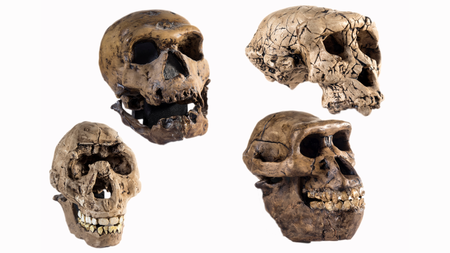
Scientists claim 'Lucy' may not be our direct ancestor after all, stoking fierce debate
By Sophie Berdugo Published
-
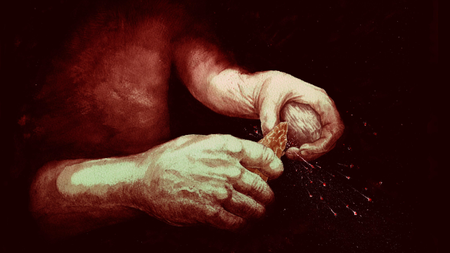
'It is the most exciting discovery in my 40-year career': Archaeologists uncover evidence that Neanderthals made fire 400,000 years ago in England
By Kristina Killgrove Published
-

The 'hobbits' may have died out when drought forced them to compete with modern humans, new research suggests
By Owen Jarus Published
-
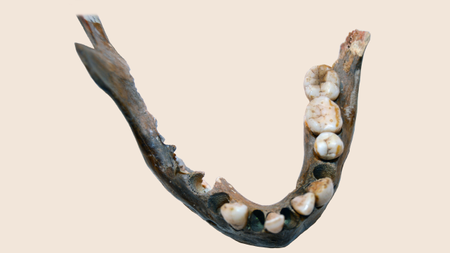
'An extreme end of human genetic variation': Ancient humans were isolated in southern Africa for nearly 100,000 years, and their genetics are stunningly different
By Kristina Killgrove Published
-

Modern humans arrived in Australia 60,000 years ago and may have interbred with archaic humans such as 'hobbits'
By Kristina Killgrove Published
-
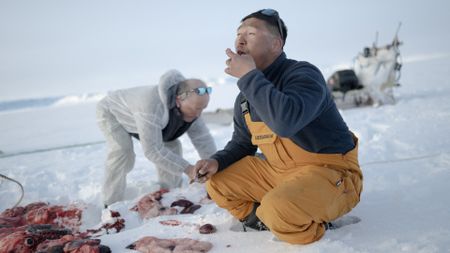
Are humans still evolving? An anthropologist breaks it down.
By Michael A. Little Published
-
Romans
-
-
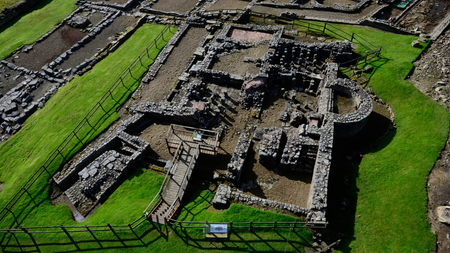
Diarrhea and stomachaches plagued Roman soldiers stationed at Hadrian's Wall, discovery of microscopic parasites finds
By Kristina Killgrove Published
-
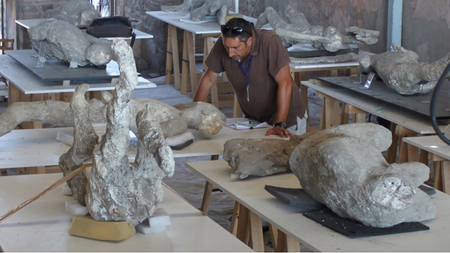
Pompeii victims were wearing woolen cloaks in August when they died — but experts are split on what that means
By Tom Metcalfe Published
-
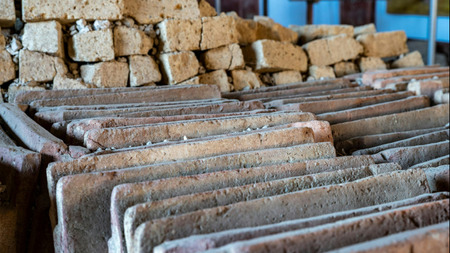
'This has re-written our understanding of Roman concrete manufacture': Abandoned Pompeii worksite reveal how self-healing concrete was made
By Ray Laurence Published
-
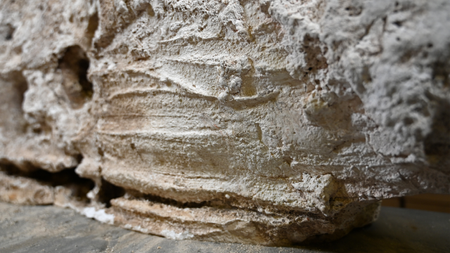
'They had not been seen ever before': Romans made liquid gypsum paste and smeared it over the dead before burial, leaving fingerprints behind, new research finds
By Kristina Killgrove Published
-
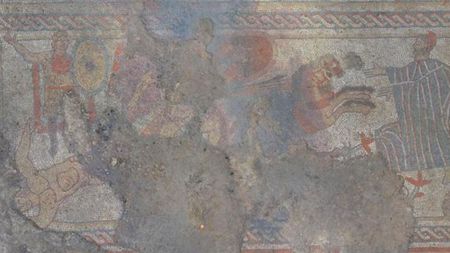
Stunningly preserved Roman-era mosaic in UK depicts Trojan War stories — but not the ones told by Homer
By Skyler Ware Published
-
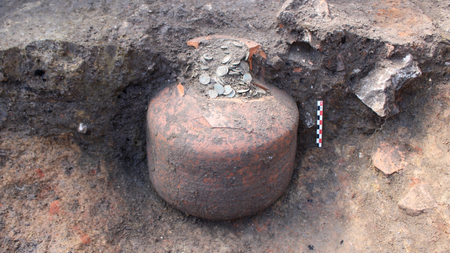
1,800-year-old 'piggy banks' full of Roman-era coins unearthed in French village
By Marjanko Pilekić Published
-
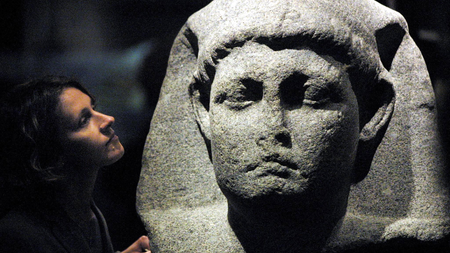
What if Antony and Cleopatra had defeated Octavian?
By Owen Jarus Published
-
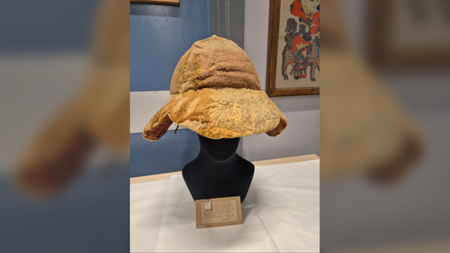
Roman sun hat: A 'very rare' 1,600-year-old brimmed cap that may have protected a Roman soldier from Egyptian sandstorms
By Kristina Killgrove Published
-
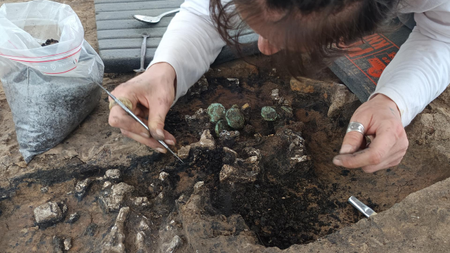
2,000-year-old gold ring holds clue about lavish cremation burial unearthed in France
By Kristina Killgrove Published
-
Vikings
-
-
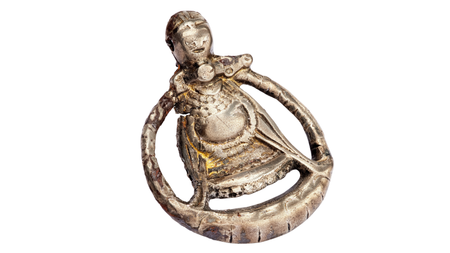
Ash Pendant: The only known depiction of a pregnant Viking woman
By Kristina Killgrove Published
-
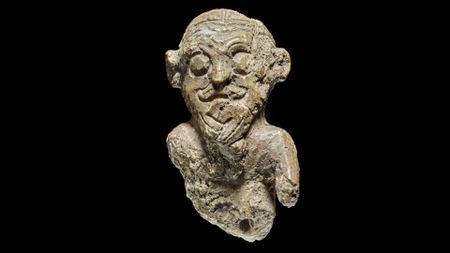
1,000-year-old 'king' game piece with a distinctive hairstyle is 'as close as we will ever get to a portrait of a Viking'
By Tom Metcalfe Published
-
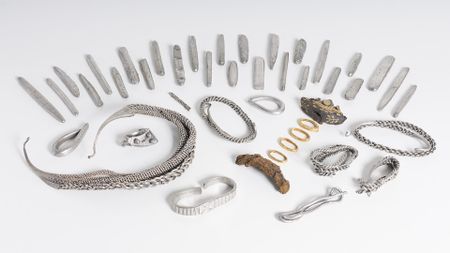
1,100-year-old Viking hoard reveals raiding wealthy only 'part of the picture' — they traded with the Middle East too
By Patrick Pester Published
-
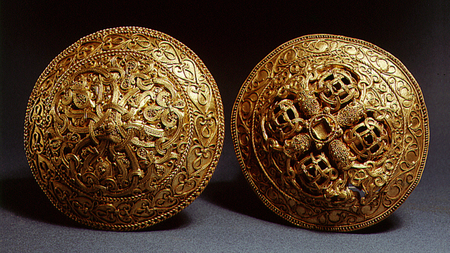
Hornelund Brooches: Viking age gold ornaments mysteriously buried in Denmark 1,000 years ago
By Kristina Killgrove Published
-
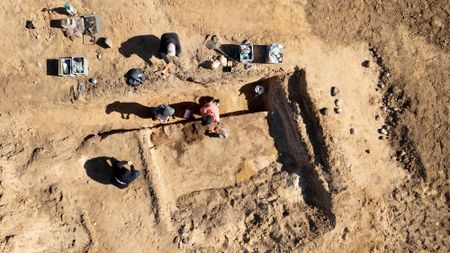
Viking Age burial of chieftain with 'enormous power' found in Denmark — and he may have served Harald Bluetooth
By Perri Thaler Published
-
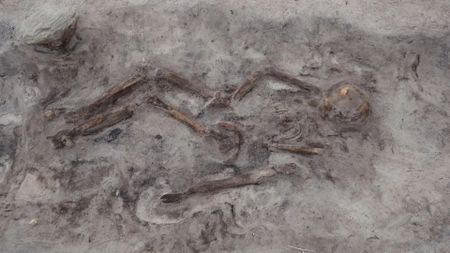
Viking Age woman was buried with her dog in an elaborate 'boat grave,' excavations reveal
By Tom Metcalfe Published
-
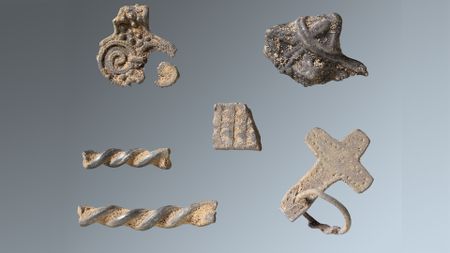
1,000-year-old Viking Age hoard has a pendant that may be a cross or Thor's hammer
By Laura Geggel Published
-
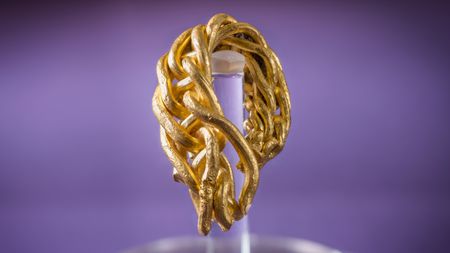
Braided gold Viking arm-ring discovered by amateur metal detectorist on Isle of Man
By Laura Geggel Published
-

Archaeologist sailed a Viking replica boat for 3 years to discover unknown ancient harbors
By Kristina Killgrove Published
-
More about Archaeology
-
-

10 things we learned about our human ancestors in 2025
By Kristina Killgrove Published
-
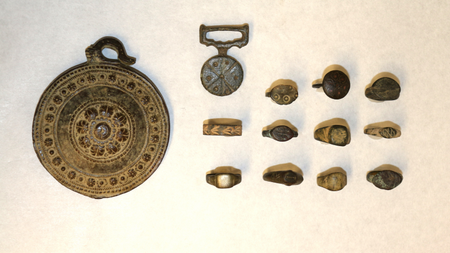
Archaeological artifacts should not be for sale in thrift shops. But putting them in a museum is harder than it sounds.
By Sabrina C. Higgins Published
-

'Gospel stories themselves tell of dislocation and danger': A historian describes the world Jesus was born into
By Joan Taylor Published
-




